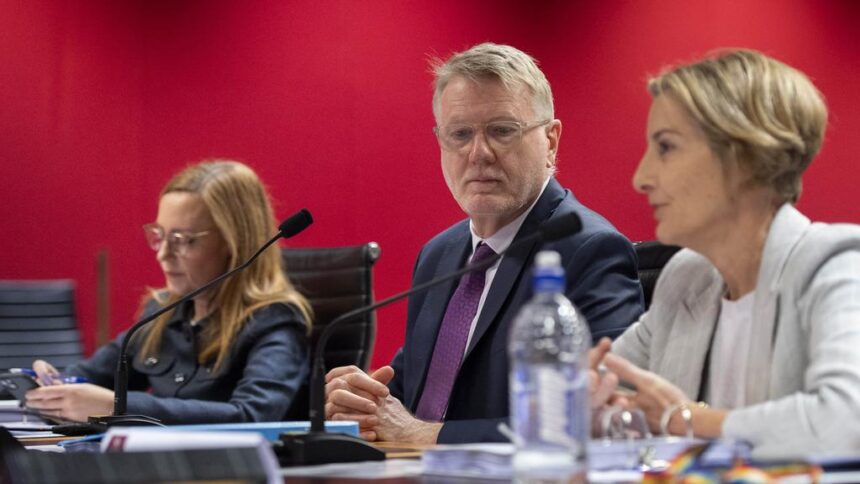Growing Concerns Over Parliamentary Privilege
The New South Wales Government has officially announced it will refer the Dural caravan terror plot hoax inquiry to the NSW parliamentary ethics committee, amid escalating concerns about potential breaches of parliamentary privilege. This development marks a critical turning point in what has become one of the state’s most contentious political sagas of the year.
During the second hearing of the NSW Legislative Council inquiry, documents revealed that Premier Chris Minns had written to Legislative Assembly Speaker Greg Piper on May 15. In the letter, Minns questioned whether the inquiry’s terms of reference risked violating long-standing inter-parliamentary protocol.
Comity and Inter-House Boundaries at Risk
Premier Minns specifically raised the issue that statements made in the Legislative Assembly—where he publicly addressed the caravan incident on March 18—could be compromised. He pointed to potential threats to the traditional concept of “comity”, a principle of mutual respect between the two parliamentary chambers.
In light of this, the Premier announced that his government would act “at the earliest available opportunity” to refer the inquiry’s scope to the Standing Committee on Parliamentary Privilege and Ethics. This move aims to safeguard the constitutional integrity of the proceedings.
Key Witnesses and the Timeline of the Discovery
Appearing before the inquiry were several top officials: Cabinet Office secretary Kate Boyd, Premier’s Department secretary Simon Draper, and Deputy Secretary Kate Meagher. Their testimony focused on how Premier Minns was briefed after the discovery of the explosives-laden caravan in Dural, a suburb in Sydney’s northwest.
Although the caravan was found on January 19, the information was withheld until it was leaked on January 29. Premier Minns had initially described the discovery as a police success that may have averted “a potential mass casualty event.”
From Terror Fears to Fraud Revelation
But the narrative shifted drastically in March. Joint statements from the Australian Federal Police and NSW Police revealed that the caravan was not linked to terrorism, but was in fact part of a sophisticated criminal scam. A note referencing Sydney’s Great Synagogue had initially escalated public fear, but was later revealed to be part of the hoax.
This revelation followed closely behind the NSW Parliament’s February passage of anti-hate and anti-protest laws, which drew immediate criticism. Many argued these laws were pushed through under emotional pressure arising from the caravan’s false implications.
Investigating Political Timing and Legal Impact
The inquiry’s focus now includes whether Premier Minns and Police Minister Yasmin Catley were briefed before the legislation passed, and if the caravan incident influenced the urgency behind those laws. The goal is to understand whether the hoax was used—intentionally or not—to justify restrictive public order legislation.
Civil liberties groups and legal experts are closely monitoring the inquiry, citing concerns about due process, rushed policymaking, and government transparency. Critics argue that fear-based narratives may have overshadowed a more rational legislative debate.
Ethics Review Seen as Critical Safeguard
The referral of the inquiry to the ethics committee is viewed as a crucial step in ensuring parliamentary accountability and preserving the constitutional checks and balances between NSW’s two chambers. It underscores the importance of protecting parliamentary privilege, especially when emotionally charged issues intersect with legislative decisions.
As the investigation deepens, the spotlight remains on whether political judgment was clouded, and whether the NSW government leveraged misinformation—wittingly or not—to usher in controversial legal reforms. For now, all eyes are on the ethics committee and its forthcoming review.





